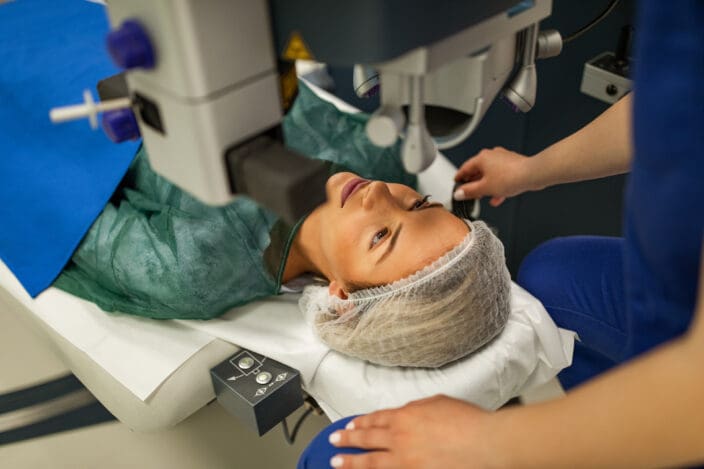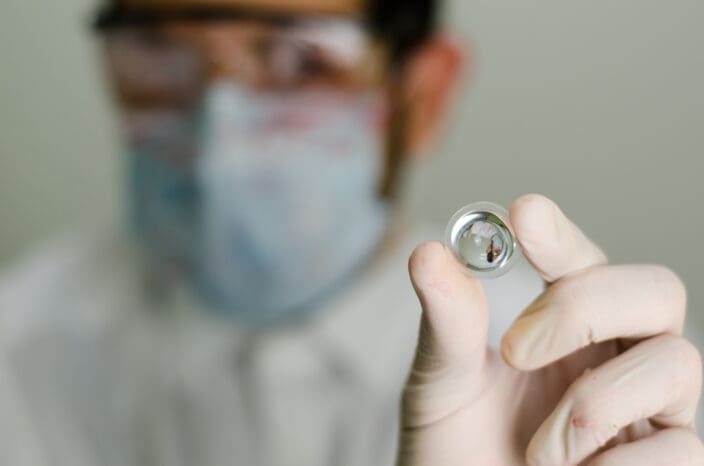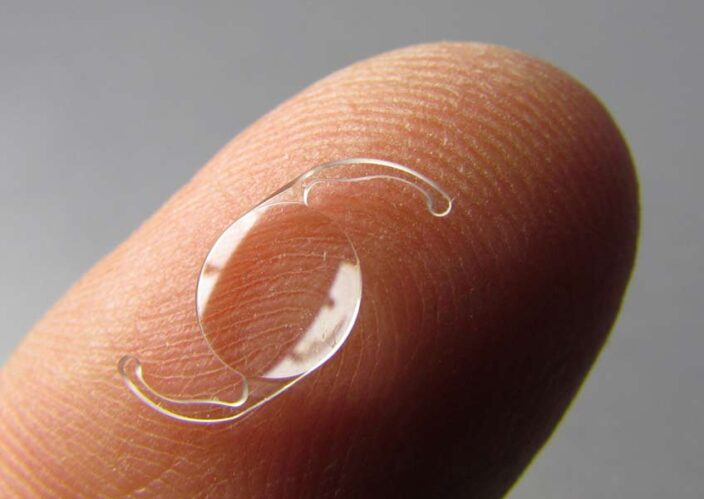
Florida Locations
Orlando LASIK Eye Surgery
Choose the Best for Your LASIK and Cataract Surgery in Orlando
Our team in Orlando treats each patient with a personal, professional, and thorough approach, believing that custom care leads to the best outcomes. Throughout every step of your testing and treatment, we are dedicated to providing you with an exceptional experience and life-changing results. Our board-certified ophthalmologists work closely with our staff of highly trained and experienced clinicians who are passionate about educating and involving patients in their own care.
Locations in Orlando

Vision Correction Procedures in Orlando
Today's life-changing procedures make it possible to improve your vision to 20/20—or better.
LASIK Eye Surgery
LASIK eye surgery is a safe, highly effective solution to correct vision and eliminate the need for glasses or contacts. At NVISION, our expert surgeons use state-of-the-art technology and advanced techniques to deliver exceptional results and have you back to your routine quickly.

EVO ICL™ (Implantable Collamer Lens)
Say goodbye to glasses and contacts with EVO ICL™! This advanced procedure is an excellent option for patients who aren’t LASIK candidates. By placing a biocompatible lens in your eye—without removing the natural lens—EVO ICL™ corrects nearsightedness and astigmatism, providing clear, long-lasting vision.

Refractive Lens Exchange (RLE)
Refractive Lens Exchange (RLE) replaces your eye’s natural lens with a clear, artificial one—improving your vision and reducing your dependence on glasses or contacts.
Sometimes called Custom Lens Exchange (or CLE), RLE is popular option for adults over 40 who want to correct nearsightedness, farsightedness, or astigmatism—and it’s a smart, preventative solution before cataracts ever develop.

Other Procedures
PRK Surgery (Photorefractive Keratectomy)
What is PRK Surgery?
PRK Surgery (Photorefractive Keratectomy) is a type of laser eye surgery that is used to correct refractive errors such as nearsightedness (myopia), farsightedness (hyperopia), and astigmatism. PRK is an alternative to LASIK eye surgery and is particularly suitable for individuals who may not be candidates for LASIK due to certain corneal characteristics.
Overview of the PRK surgery process:
- Corneal Epithelium Removal:
- In PRK, the surgeon begins by removing the thin outer layer of the cornea called the epithelium. This can be done using an alcohol solution, a special brush, or a laser.
- Laser Reshaping of the Cornea:
- Once the epithelium is removed, a laser is used to precisely reshape the cornea. The laser ablates or removes microscopic amounts of corneal tissue based on the patient’s refractive error. The goal is to correct the curvature of the cornea and improve the focus of light on the retina.
- Healing Process:
- Unlike LASIK, where a corneal flap is created, PRK does not involve creating a flap. Instead, the corneal surface is allowed to regenerate naturally. The healing process involves the growth of new epithelial cells over the treated area.
- Post-operative Care:
- Following PRK surgery, patients are given medicated eye drops to aid in the healing process and prevent infection. Recovery may take a bit longer compared to LASIK, and patients may experience temporary discomfort during the initial days.
Key considerations for PRK surgery include:
- Corneal Thickness: PRK may be a suitable option for individuals with thinner corneas who may not be ideal candidates for LASIK.
- Occupational Considerations: PRK may be recommended for individuals with occupations or lifestyles that carry a risk of corneal injury, as it eliminates the creation of a corneal flap.
- Healing Time: The initial visual recovery may take longer with PRK compared to LASIK. Patients typically experience optimal vision several weeks after the procedure.
PRK is a well-established and effective procedure for vision correction, and its suitability depends on individual factors. It’s important to consult with an experienced refractive surgeon or eye care professional to determine the most appropriate laser eye surgery option based on your eye health and lifestyle.
Hurry, Offer Ends Soon
Book now for $1,000 off LASIK* + Enjoy Easy and Fast LASIK Financing**